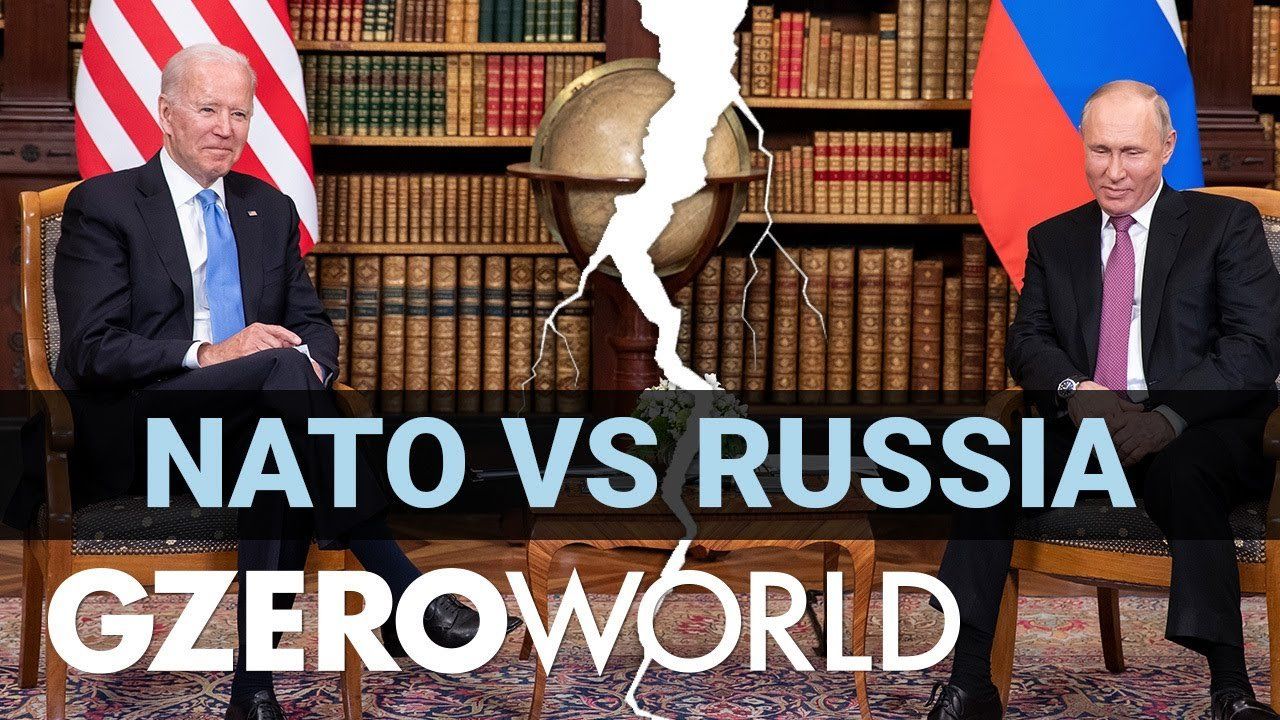April 20, 2023
Russia's war in Ukraine has dramatically raised the odds of a direct confrontation with NATO due to Western sanctions against Moscow. Russia now considers NATO to be its enemy, and vice versa, former US Ambassador to NATO Ivo Daalder tells Ian Bremmer on GZERO World. In fact, Daalder explains, Russian military aggression is a very real and present danger.
That makes the current situation in some ways even worse than during the Cold War, when the United States and Soviet Union tried to find ways to coexist and set up arms control agreements.
But now all of that is gone. Russia has even walked away from New Start, the last nuclear weapons treaty between Washington and Moscow.For Daalder, who is also the president of the Chicago Council on Global Affairs, the possibility of all-out war between the world's two nuclear superpowers is the highest it's been since the 1962 Cuban Missile Crisis.
Watch the full interview on an upcoming episode of GZERO World with Ian Bremmer, airing on US public television nationwide. Check local listings.
From Your Site Articles
- What We’re Watching: NATO members’ defense budgets, Social Security as a political weapon, China’s support for Sri Lanka ›
- What happens if Russia nukes Ukraine? ›
- Cuban Missile Crisis turns 60 ›
- How close are we to a second Cuban Missile Crisis? ›
- Podcast: NATO’s Russia problem: the increasing danger of military confrontation between nuclear powers - GZERO Media ›
- Russia vs. NATO: Heightened risk of war - GZERO Media ›
- NATO is "back to basics" defending Europe from an aggressive Russia - GZERO Media ›
More For You
- YouTube
For many in Iran, it’s a waiting game for how long Ayatollah Khamenei has left to live.
Most Popular
An army soldier stands guard at a post at the Friendship Gate, following exchanges of fire between Pakistan and Afghanistan forces, at the border crossing between the two countries in Chaman, Pakistan February 27, 2026. Picture taken with a mobile phone.
REUTERS/Abdul Khaliq Achakzai
In a 30-minute call on Thursday, President Donald Trump reportedly told Ukrainian President Volodymyr Zelensky he wants to end the war with Russia as soon as possible — aiming for a deal by summer, but ideally within weeks.
Former British ambassador to the U.S. Peter Mandelson leaves his residence after he was released following his arrest by London police on Monday on suspicion of misconduct in public office, following the release of U.S. Justice Department files linked to the late financier and convicted sex offender Jeffrey Epstein, in London, Britain, February 26, 2026.
REUTERS/Toby Melville
The ghost of Jeffrey Epstein continues to haunt the world.
Think you know what's going on around the world? Here's your chance to prove it.
© 2025 GZERO Media. All Rights Reserved | A Eurasia Group media company.
